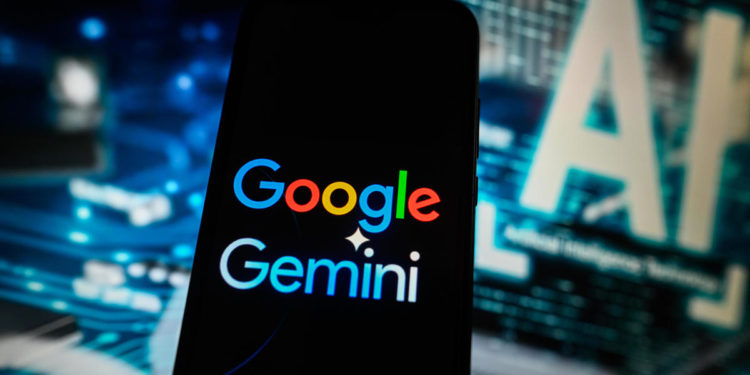NEW YORK TIMES
Elon Musk has amended a lawsuit he brought this year against OpenAI, escalating his yearslong feud with the maker of the online chatbot ChatGPT.
The amended complaint, filed on Thursday in federal court in Northern California, makes new antitrust claims against OpenAI and adds defendants, including the tech giant Microsoft and the venture capitalist Reid Hoffman.
Microsoft is a close partner of OpenAI, after investing more than $13 billion in the start-up. Mr. Hoffman is a Microsoft board member and previously served on the board of OpenAI.
The new legal filing also adds two plaintiffs to the suit alongside Mr. Musk: his start-up xAI, which competes with OpenAI, and Shivon Zilis, a former OpenAI board member. Ms. Zilis is now an executive at Mr. Musk’s brain implant company Neuralink and the mother of three of his children.
OpenAI and Mr. Hoffman did not immediately respond to requests for comment. Microsoft declined to comment.
Mr. Musk sued OpenAI in March in a state court in San Francisco, before withdrawing the suit without explanation. Seven weeks later, he filed a new suit in federal court, arguing that OpenAI violated federal racketeering laws by conspiring to defraud him.
Like the original suit, the federal complaint claimed that OpenAI and two of its founders, Sam Altman and Greg Brockman, breached the company’s founding contract by putting commercial interests ahead of the public good.
After joining with Mr. Musk to create OpenAI in 2015 and pledging to carefully develop artificial intelligence for the benefit of humanity, the suit claimed, Mr. Altman and Mr. Brockman abandoned this mission by entering its multibillion-dollar partnership with Microsoft.
Mr. Musk stepped away from OpenAI in 2018, before that partnership was created.
In the amended complaint, Mr. Musk argued that OpenAI is trying to eliminate competitors like xAI by insisting that its investors refrain from funding these rivals. He also argued that xAI had been harmed because OpenAI’s partnership with Microsoft allowed the two companies to trade “competitively sensitive information.”
Both Mr. Hoffman and Dee Templeton, a Microsoft vice president, had undermined antitrust laws because they were both involved with the boards of Microsoft and OpenAI, according to the complaint.
“The purpose of the prohibition on interlocking directorates is to prevent sharing of competitively sensitive information,” the complaint read.
In adding Ms. Zilis as a plaintiff in the suit, the new filing said that she repeatedly raised concerns over OpenAI’s dealings while serving as a board member. She left the OpenAI board last year.
(The New York Times sued OpenAI and Microsoft in December for copyright infringement of news content related to A.I. systems.)



Connect with us on our socials: